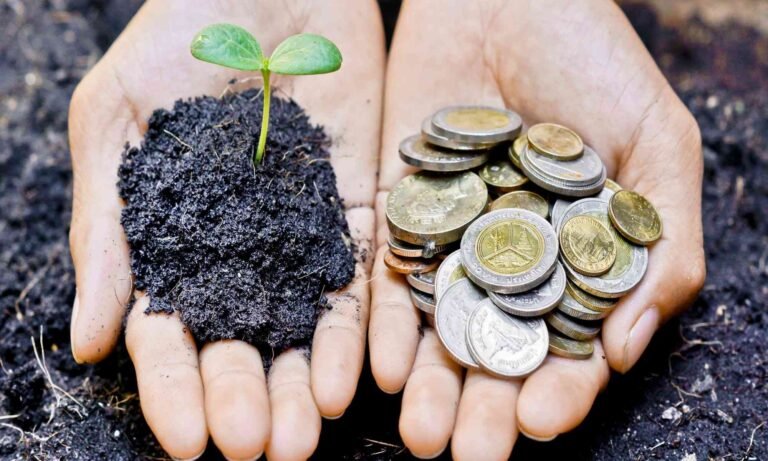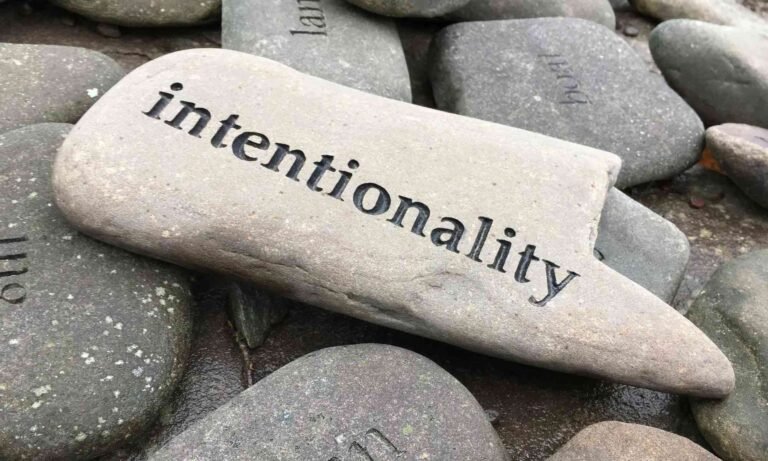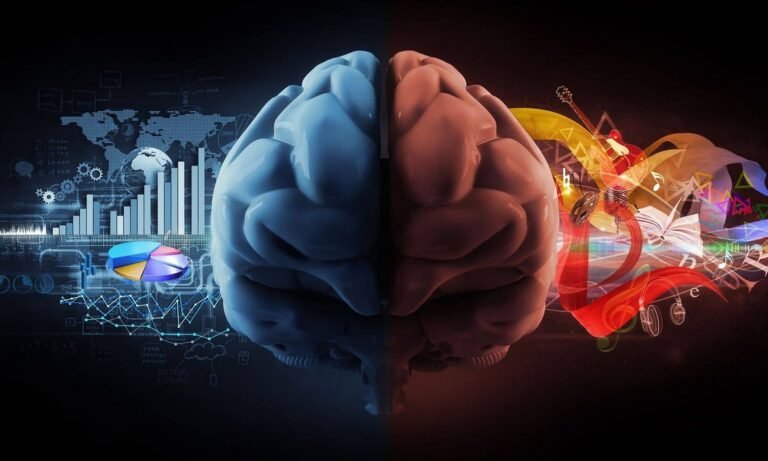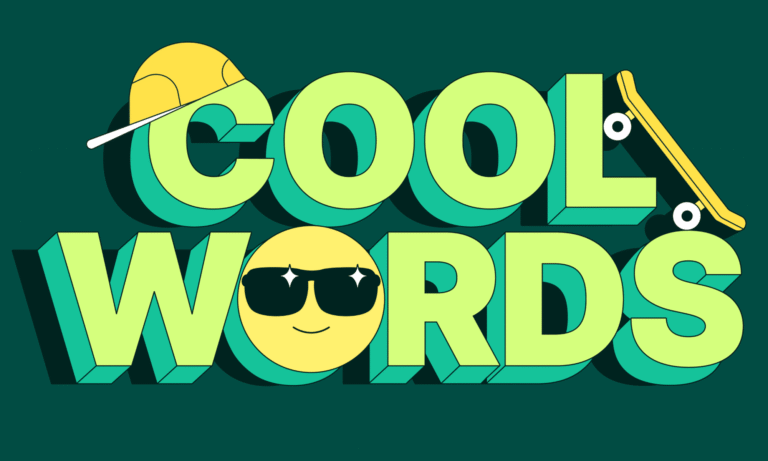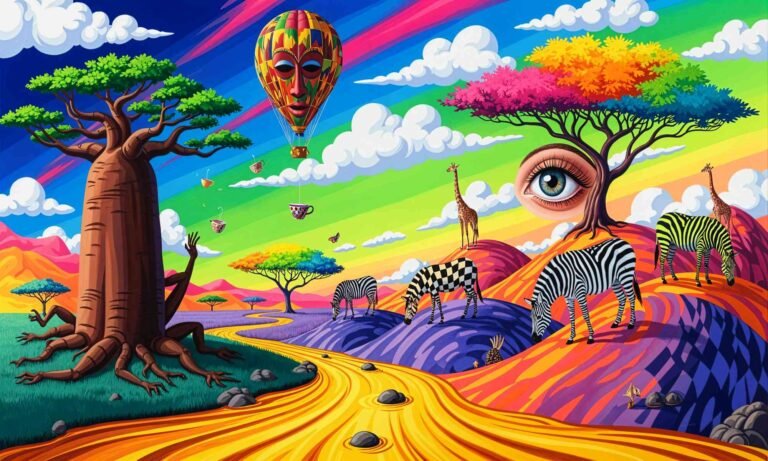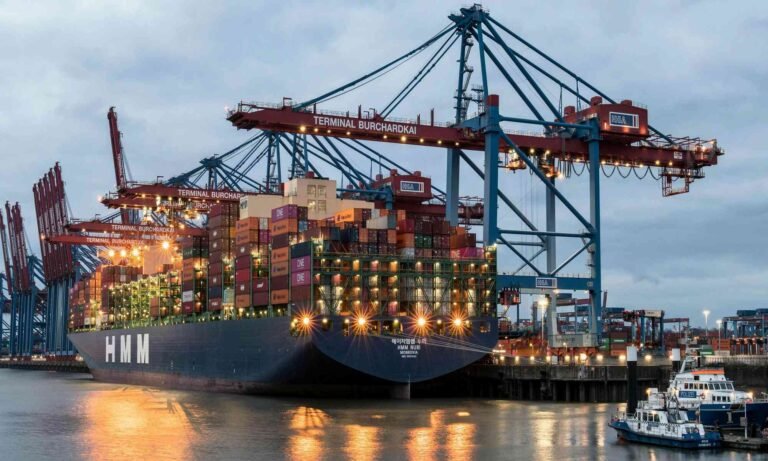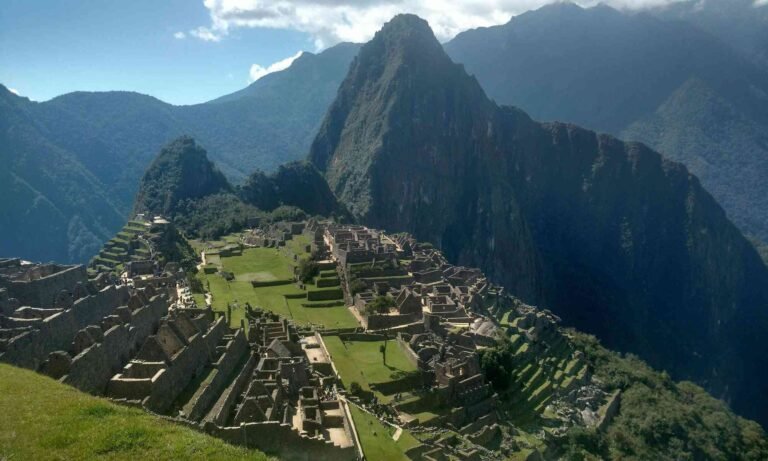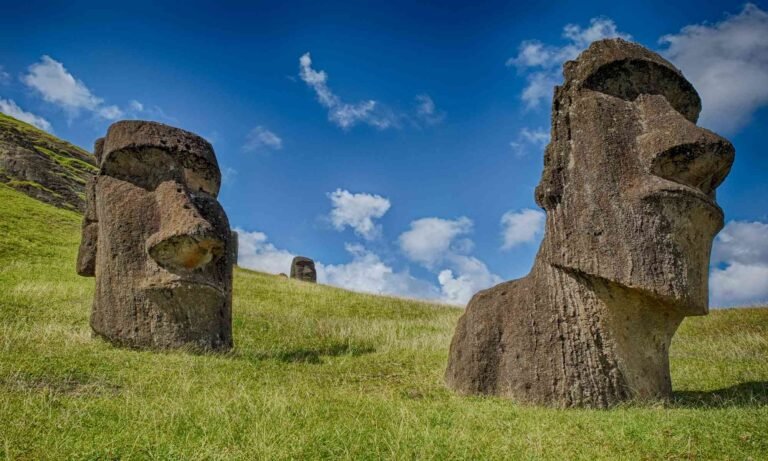Understanding Destiny and Fate
Destiny and fate are often used interchangeably, but they offer distinct perspectives on life’s path. Destiny refers to a predetermined course, sometimes seen as influenced by choices. Fate, on the other hand, implies inevitable events shaping an individual’s journey. Cultural interpretations of destiny and fate vary widely. Eastern philosophies like Hinduism and Buddhism link destiny with karma, suggesting that one’s actions influence their future. Western narratives often frame fate as a force to be challenged or accepted, shaping the way individuals understand their experiences.
- Destiny: A predetermined path or course of events, sometimes seen as a specific type of fate. It can be viewed as something that is already set in stone, or a more malleable process shaped by our choices.
- Fate: A predetermined or unavoidable course of events, often seen as something external that influences our lives.
- Karma: The belief that actions, whether good or bad, have consequences that influence future experiences. This can be seen as a force that helps shape our destiny or fate.
- Free Will: The capacity to make choices and take actions independently, influencing one’s own destiny.
- Luck: A variable factor of chance or fortune, sometimes seen as a more subjective aspect of destiny.
The Role of Free Will
Free will plays a critical role in shaping our experiences and defining our personal journeys through life. It represents the capacity of individuals to make choices independently, steering them toward paths that may be predetermined by destiny or fate. The debate surrounding free will extends to philosophical, psychological, and even theological discussions, with arguments both supporting and opposing its existence. On one hand, proponents of free will assert that individuals possess the autonomy needed to act independent of external influences. This belief empowers individuals to take responsibility for their choices and shapes their own realities.
Conversely, critics argue that free will is an illusion, asserting that our decisions are influenced by biological predispositions, societal pressures, and various other factors that limit genuine autonomy. This perspective suggests that while individuals may feel they are making choices, these are often constrained by circumstances beyond their control. The interaction between free will, destiny, and fate becomes a focal point in understanding our life trajectories. Some individuals believe that their life’s path is preordained, while others contend that they can alter their course through conscious decision-making.
Real-life examples illustrate how individuals exercise their free will to carve out unique paths. For instance, an individual from a challenging background may choose to pursue higher education, thereby reshaping their life narrative despite prior limitations. Additionally, research indicates that the psychological impact of believing in free will can significantly enhance one’s sense of empowerment and control over their destiny, leading to greater satisfaction and well-being. Ultimately, the acknowledgment of free will not only informs our understanding of personal agency but also fosters resilience in the face of life’s uncertainties.
The Interplay of Luck and Karma
The concepts of luck and karma have long been subjects of contemplation in philosophical and spiritual discussions. Luck, often seen as the influence of chance events in our lives, dictates that sometimes, circumstances beyond our control can lead to outcomes we never anticipated. This randomness suggests that, despite our best efforts, the trajectory of our lives can change dramatically due to unforeseen factors. For instance, a sudden job offer or winning the lottery can transform an individual’s financial and social standing overnight, demonstrating how mere chance can redirect life paths significantly.
Conversely, karma introduces an element of moral accountability into our life choices. Rooted in the belief that every action has consequences, karma suggests that the decisions we make and the deeds we perform will ultimately shape our future experiences. Thus, while luck may present an opportunity, it is our karma – the cumulative effect of our actions – that determines how we navigate these opportunities. For example, a person who consistently engages in altruistic behavior may find significant help from unexpected quarters when in need, illustrating how their positive actions create a cycle of beneficial karma.
The relationship between luck and karma can be viewed as complementary. An individual may experience a stroke of luck, such as an unexpected promotion or chance meeting with a mentor, but it is often their prior actions or good karma that prepare them to capitalize on these fortunate breaks. Real-life scenarios abound to highlight this interplay; a struggling artist may fortuitously discover an influential patron, but their dedication and hard work undoubtedly lay the groundwork for such an encounter. Thus, while luck can indeed alter the course of our lives, it is karma that ensures we are equipped to harness these moments. Understanding the delicate balance between luck and karma offers profound insights into how life’s journey unfolds.
Shaping One’s Path: Finding Balance
In the exploration of life’s complexities, individuals often grapple with the interplay between destiny, free will, luck, and karma. Each of these elements contributes to the unique narrative of an individual’s life, presenting both challenges and opportunities for personal development. To successfully navigate life’s journey, it is essential to strike a balance among these forces.
Understanding fate – often perceived as a predetermined script – can evoke feelings of resignation. However, it is crucial to recognize that free will allows for conscious decision-making, fundamentally altering one’s trajectory. By exercising free will, individuals can make choices that align with their values and aspirations, thereby actively participating in shaping their destiny. This active participation fosters a sense of agency, empowering individuals to cultivate the life they envision.
Luck, with its unpredictable nature, can significantly influence life events. While one cannot control when or how luck may strike, cultivating a mindset conducive to recognizing and seizing such moments can enhance opportunities for growth and success. Equally, the principle of karma emphasizes the impact of one’s actions on future circumstances. Practicing mindfulness and ethical decision-making fosters positive karma, creating a ripple effect of beneficial outcomes. Engaging in self-reflection serves as a tool for assessing one’s actions and intentions, promoting personal accountability and growth.
To find balance, individuals may consider several practical strategies. Establishing clear goals allows for focused efforts while remaining open to the unpredictable elements of life. Developing resilience becomes crucial in adapting to unforeseen challenges. Furthermore, fostering a supportive network can provide encouragement and alternative perspectives, enriching one’s journey. Embracing the inherent uncertainties of life while maintaining an active role in shaping one’s path leads to a fulfilling and balanced existence.
Embracing Uncertainty: The Role of Adaptability
In navigating the intricate web of destiny, fate, free will, luck, and karma, one overlooked yet crucial element is adaptability. Life rarely unfolds in a straight path, and its unexpected twists not only shape our circumstances but also reshape our identity. Who we are is not fixed – it is continuously molded by experiences, choices, and challenges. Whether one believes in a predetermined fate or the autonomy of free will, adaptability is the bridge between what happens to us and how we define ourselves in response.
More than just a survival mechanism, adaptability reinforces personal growth and self-awareness leading to Self-Identitiy. It allows individuals to see obstacles not as roadblocks but as defining moments that refine their sense of self. Some of history’s most influential figures succeeded not merely because of talent or luck but because of their ability to pivot and embrace change. While karma may influence the consequences of past actions and luck may present opportunities, adaptability ensures that we are mentally and emotionally prepared to navigate both, continuously evolving in the process.
Ultimately, embracing change is not just about shaping one’s path but shaping one’s identity. Every transformation – whether initiated by choice or circumstance – offers a chance for self-reinvention, growth, and resilience. Recognizing this empowers individuals to approach uncertainty with confidence, knowing that adaptability is not merely about responding to life but about defining who we become through it. Embracing change fosters new perspectives, deeper understanding, and a willingness to step outside comfort zones, opening doors to opportunities that shape not only our future but our sense of self.
What’s More
The posts in My Blog feature reflective, story-driven pieces rooted in personal and societal insights.
The topics in My Interests explore abstract, philosophical ideas and their cultural and societal impact.
👁️ 5,726 Views









